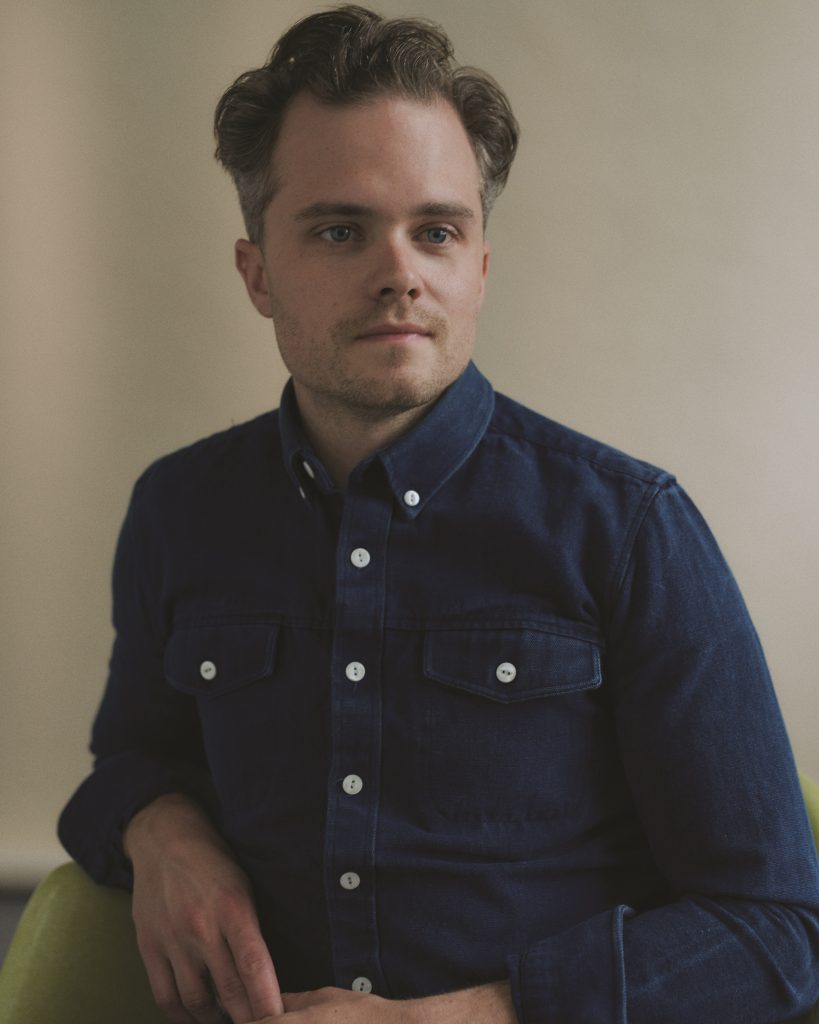
“Find the something else that is so absorbing to you. That is a place you can go to get away from this.” —Jenny Odell
“You can’t write for everyone. And if you did, it wouldn’t be good.” —Jenny Odell
“Sitting there is a reminder of how different a physical space is with how we consume information online.” —Jenny Odell
Welcome, friend, to CNF, the creative nonfiction podcast where I speak to badass writers, filmmakers, radio producers, and podcasters about the art and craft of telling true stories.
Today’s guest is a special one in Jenny Odell (@the_jennitaur). She’s the author of How to Do Nothing: Resisting the Attention Economy. It’s an excellent read and, dare I say, an important read for these digital times we live in.
The book stemmed from this talk she gave, which makes me think: maybe the way to a book deal is come up with a great talk? Side note: It’s amazing how Jenny stood in the same spot for this entire talk. I’m definitely a walker.
Anyway…
Be sure to subscribe to CNF wherever you get your podcasts. And, if you’re feeling kind, leave a review on Apple Podcasts. If you leave a review, take a screenshot and send it to me. I’ll edit/coach up a piece of your writing of up to 2,000 words. The one thing we know about reviews is that they help with the packaging of a podcast. More reviews = more validation for newcomers.
So Jenny was amazing. We talk about birds, Austin Kleon, and how best reclaim your attention from social media companies that are hell bend on ensuring you keep scrolling.
View on Zencastr
